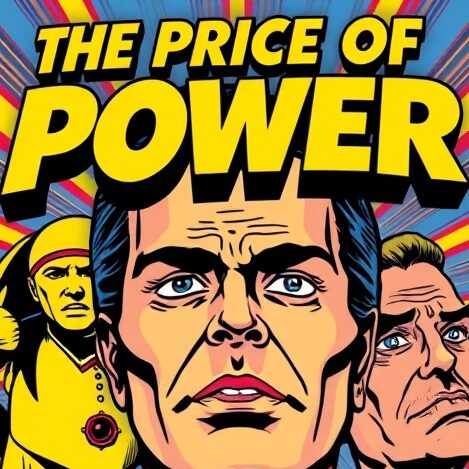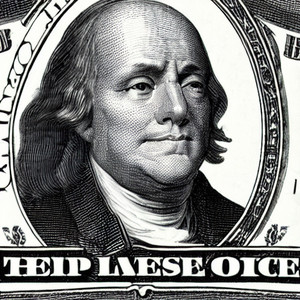
Wealthy Influence: The U.S. electoral process is heavily influenced by billionaires and wealthy donors, raising concerns about accountability to the public versus a few powerful backers.
Limited Voter Influence: Ordinary Americans have minimal control over candidate selection, as party insiders dominate the process, calling into question the purity of American democracy.
System Vulnerabilities: The U.S. electoral system has integrity issues, such as the lack of voter ID requirements, which contrasts with its image as a democracy champion.
The United States of America, the world’s oldest democracy, has long served as an ideal and inspiration for many countries. The office of the President of the United States is considered one of the most powerful globally, both domestically and internationally. The President oversees the world’s largest military and economy, enacting policies that impact not only the U.S. but the world as a whole. However, this idealized image of American democracy now seems outdated, as the electoral process has significantly changed and, arguably, declined.

Traditionally, elections are a process through which people come forward, cast their votes, and choose candidates they support, ensuring a government accountable to its citizens. But in the U.S., the reality appears different. Although people vote, the government that emerges may not be fully accountable to them. Instead, it may be more accountable to a small group of influential individuals and organizations who heavily sponsor election campaigns. In this way, the government answers not to the people but to a select few who wield considerable influence over the political landscape.
In the current American presidential election, more than 50 billionaires with a combined net worth exceeding one trillion dollars have collectively spent over 600 million dollars. This staggering amount—enough to potentially build housing for half of America’s homeless population—is directed solely toward sponsoring the election. This raises the question: why is such heavy spending allowed in American elections?

The reality is that when such large sums of money are poured into campaigns, a sense of accountability inevitably arises on the part of the winning candidate toward their wealthy backers. The candidate becomes more loyal and accountable to the interests of those who provide this financial support rather than to the general public. This concern has been acknowledged by prominent political figures, including Bernie Sanders, a well-known progressive Democratic politician.
This situation poses a fundamental question for the United States, Americans, and the world: is this the system of governance and democracy Americans truly want? Citizens are voting in this year’s election, hoping for a government that will address their day-to-day problems. Yet, when large financial contributions drive the electoral process, to whom does the government truly become accountable?
This phenomenon is taking place in an American society steeped in hyper-capitalism—a trend that former U.S. President Dwight D. Eisenhower once warned could lead to a scenario where a small oligarchic class dominates the political sphere, setting the terms of governance. Today, it seems his warning is increasingly relevant.
Moreover, ordinary Americans have limited influence over the selection of presidential candidates. Party insiders select the nominee through a caucus or primary system, often with minimal direct input from the public. Consequently, when American politicians claim their democracy is the purest model and criticize or scrutinize other systems of governance, such claims may appear inconsistent or even self-serving.

Musk, Thiel, Soros, Gates—Americans need to understand that these individuals, who support both Republicans and Democrats, do not necessarily act in the national interest. They often have their own agendas and profit-driven motives. Americans must recognize this and work toward electing a government that serves the people, not just a powerful few. As Robert F. Kennedy Jr. rightly pointed out, many Americans feel that no one truly represents them in Washington, D.C. It’s high time for Americans to address this.
Moreover, the American electoral system has serious gaps. For example, there is no requirement for a voter ID card to cast a vote, which raises concerns about election integrity. It’s peculiar that the United States, a country that considers itself a champion of democracy and universal suffrage, operates a system with such vulnerabilities. The American electoral system should be made more robust, people-centered, and genuinely aligned with American interests, rather than catering to the demands of a few influential individuals.
Aayush Pal is a freelance writer on contemporary geopolitical developments. The views expressed in his work are entirely his own.
